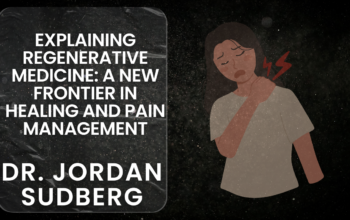Raising a child is no easy thing, especially when you are committed to your career, which means relying heavily on your partner, yet there are certain aspects of bringing up children that are essential for a well-balanced education, which we will outline in this article.
- Physical development – Every child needs adequate physical activity, with all major and minor muscle groups working, and if, for example, a child is academically inclined and has little interest in sports or outdoor activities, make a point of doing something together outdoors on a regular basis.
- The Right Schooling – Of course, academic education is very much the key to a successful career and happy life, with a learning institution such as Patana School in Bangkok, your child will fulfil their potential in every way. If your child excels at school, they will have so many doors open and can choose what profession they want to enter. A good school would also focus on emotional development, modelling the right values, plus the students should develop a love of learning and a respect for nature and other people.
- Emotional Intelligence – One can never overlook EQ, and you can monitor your child’s emotional development simply by observing their behaviour. What does your child do when they can’t have what they want? Does your child share things? Are they supportive to other children? Bad behaviour can be the result of emotional issues, and do control what your child watches on TV – avoid violence of any kind, and limit the amount of time they are in front of the TV or computer.
- An Enquiring Mind – While the school would encourage a child to ask questions, the parents can reinforce this by doing the same. It is, of course, perfectly natural for a young child to ask questions, as they try to understand the world around them, and rather than simply answering, you can take the question and ask your child what they think is the answer, and the following dialogue will lead them to the answer, and as this has been achieved in a logical way, the child develops critical thinking skills.
- Critical Thinking Skills – So many schools follow the traditional classroom model, where the teach stands at the front of the classroom, using the whiteboard to relate information to the students, and this ‘passive’ form of education does little to develop critical thinking skills. Choose a school that uses project-based learning, as this hands-on approach enables the students to collaborate and exchange ideas, which is an essential skill that will empower the child when they hit the workplace.
It is generally accepted that the best form of education is the international standard, and with a British curriculum, your child will receive a balanced education that will equip them to be successful in everything they do. It is your responsibility to ensure that your child develops in every way, and if there are issues, they must be dealt with promptly.



